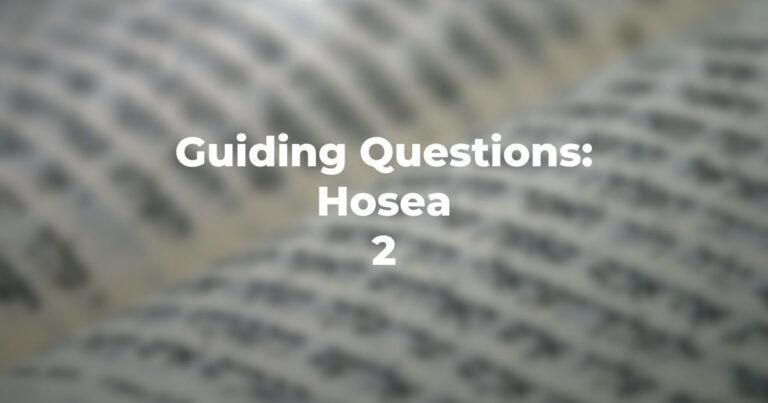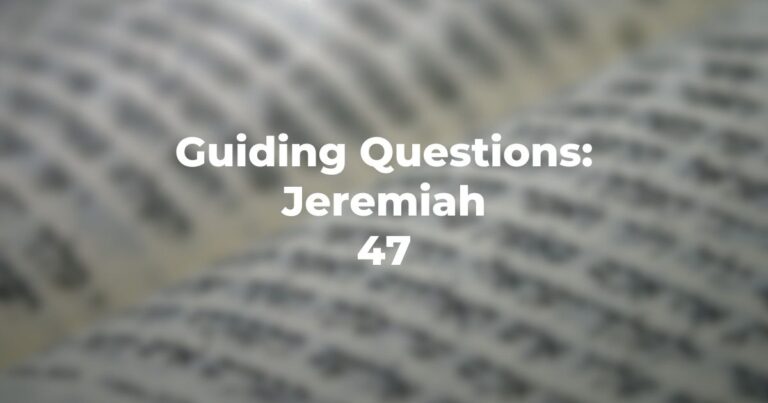- The description of Yiftah is that he was the son of “Isha Zonah.” Following the birth of other children from his wife does Gilead, dismiss Yiftah or consider him part of his progeny (Judges 11:2)?
- The father’s action to the contrary notwithstanding what is the action of the brothers — and why?
- The reference to Yiftah’s mother is “another woman” not an “Isha Zonah” — what sensitivity does this show (if it shows any sensitivity)?
- Judges 11:3 makes reference to “anashim reykim.” What are these — and what does this reflect as to the social structure of the times?
- In Judges 11:6, the dialogue between the elders of Gilead (self-evidently a place name and a family name) Yiftah is invited to be a “captain.” What capacity does this reflect?
- Following Yiftah’s “cool response” how does the author change — “you will be our head.” How does “head” go beyond the military appellation of “captain”?
- Yiftah wishes some further assurance that he will become the “head” — how is this set forth in Judges 11:10?
- Note Judges 11:11 which affirms that, indeed the words “head” and “captain” have different connotations — and this verse also makes reference to Yiftah “saying his words before God.” What does this mean? Was there an altar? Was there some religious location?
- What does Judges 11:12-27 reflect in terms of the familiarity of the author with text materials in the TorahRefers to the first five books of the Hebrew Bible, the Tanakh, also called the Five Books of Moses, Pentateuch or the Hebrew equivalent, Humash. This is also called the Written Torah. The term may also refer to teachings that expound on Jewish tradition. Read more?
- What theological principles are reflected in Judges 11:23 and Judges 11:24 as to the notion of “national Divinities” and is this meant to reflect the point of view of Israel or, being responsive to the point of view of other idolatrous peoples?
- Judges 11:29 makes reference to Yiftah setting out for battle — and how is he “accompanied” by a non-material element?
- Note closely Judges 11:30-31. What is Yiftah’s vow? Is there any question as to what he is pledging?
- And, following the victory who is the first to leave the house to greet him? What does the narrative, which follows Judges 11:37 reflect as to the import of a “vow” and as to the familial relationship between Yiftah and his only child?
- And what is meant in Judges 11:39 that “this has become a regulation in Israel”?
- What does this reflect on the nature of appropriate vows and appropriate pledges to Divinity?
Author
-

Exploring Judaism is the digital home for Conservative/Masorti Judaism, embracing the beauty and complexity of Judaism, and our personal search for meaning, learning, and connecting. Our goal is to create content based on three core framing: Meaning-Making (Why?), Practical Living (How?), and Explainers (What?).
View all posts





